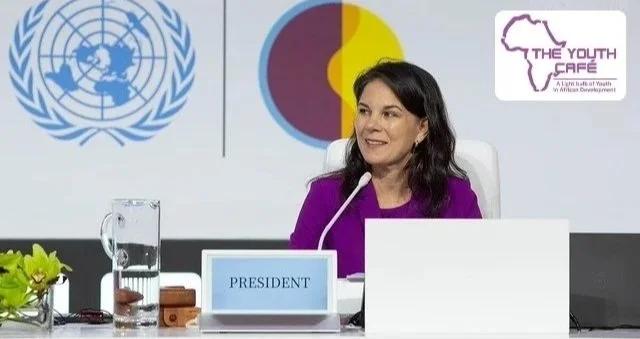About the Summit
The Second World Summit for Social Development took place in Doha, Qatar, from 4 to 6 November 2025, bringing together Heads of State and Government, ministers, senior delegates and non-governmental stakeholders from around the globe.
The Summit will provide a unique opportunity to assess progress, address gaps, and renew global commitments to the three interrelated pillars of social development first adopted thirty years ago in the 1995 Copenhagen Declaration and Programme of Action: poverty eradication, full and productive employment and decent work for all, and social integration.
The Doha Political Declaration, to be adopted by Member States at the Summit, reaffirms our shared values and commits to bold, inclusive policies in a collective pledge to reinvigorate multilateralism and accelerate social development, leaving no one behind.
Action is at the heart of the Summit. Through its programme and follow-up, the Summit seeks to advance innovative solutions and forge consensus on integrated, people centered approaches and bold and actionable policies that advance social justice, equality, and inclusion worldwide.
We have before us a pivotal opportunity to renew hope, deliver concrete results and reaffirm our shared commitment to justice, equality, and dignity for all, we must not let it pass us by.
Advancing social development
Since 1995, significant progress has been made: extreme poverty has been halved. More children, especially girls, are attending school, and global health advancements have extended life expectancy and helped tackle diseases, people are living longer and healthier lives.
More women have joined the workforce with an increase in employment opportunities, while digital transformation has expanded access to services and participation.
Yet, progress remains uneven and fragile: widening inequalities in wealth and income, access to services and opportunity persist. Persons with disabilities, older persons, Indigenous populations and other marginalized groups remain excluded from full participation. Climate change, conflicts, pandemics, and digital inequalities jeopardize the progress achieved. And trust in institutions is eroding.
The Doha Political Declaration and the Copenhagen Commitment and Programme of Action define a clear path to collectively address current and future social development challenges. In particular:
The commitment to universal social protection to address the needs of all, including care givers and care receivers alike.
Universal health coverage should ensure access to the highest standards of physical and mental healthcare that is affordable and equitable – for all citizens.
Our societies must be able to thrive free of misinformation, disinformation and hate speech that harm all of us. We must act to protect democratic values that include the right to freedom of expression and the right to privacy.
Youth, older persons, persons with disabilities, Indigenous Peoples and other marginalized groups must be engaged in shaping policies that are designed for the societies in which they live.
Commitments
The Declaration strengthens commitments in several critical areas:
Poverty Eradication: Adoption of holistic strategies addressing multidimensional poverty, hunger, and malnutrition, with emphasis on resilience, financing, and social protection systems.
Decent Work and Economic Transformation: Promotion of macroeconomic policies for job creation, formalization of informal work, skills development (including for AI transitions), and gender-responsive employment strategies.
Social Integration: Building cohesive, inclusive societies by addressing discrimination, fostering intergenerational solidarity, tackling homelessness, and empowering marginalized groups, including persons with disabilities, Indigenous Peoples, and older persons.
Food Security and Health: Scaling up resilient food systems, universal access to health care, mental health services, and pandemic preparedness.
Digital Transformation and Artificial Intelligence: Closing digital divides, ensuring equitable access to technologies, and safeguarding human rights in the digital era.
Climate and Resilience: Integrating adaptive social protection with climate and disaster risk reduction, aligned with the Paris Agreement and Sendai Framework.
Gender Equality: Removing barriers to women’s full participation in society, reducing unpaid care work burdens, and tackling gender-based violence and discrimination.
Financing Social Development: Advancing the Sevilla Commitment to close financing gaps, reform international financial architecture, strengthen tax cooperation, and uphold ODA targets.
The Declaration establishes a strong follow-up process, including a high-level review in 2031, by the General Assembly. It reaffirms that the Commission for Social Development will have the primary responsibility for the follow-up to the World Summit for Social Development and the Doha Political Declaration. It calls for the Commission for Social Development to strengthen its contribution to the follow up and review process.
The United Nations Development system, including funds, programmes and the relevant organizations and specialized agencies, are requested to further integrate the Summit provisions into their work programmes and to be actively involved in the follow-up process.
All UN entities, including international financial institutions, are expected to strengthen coherence, coordination, and partnerships, within their respective mandates. Civil society, social partners, youth, academia, and the private sector are recognized as indispensable actors for implementation.

